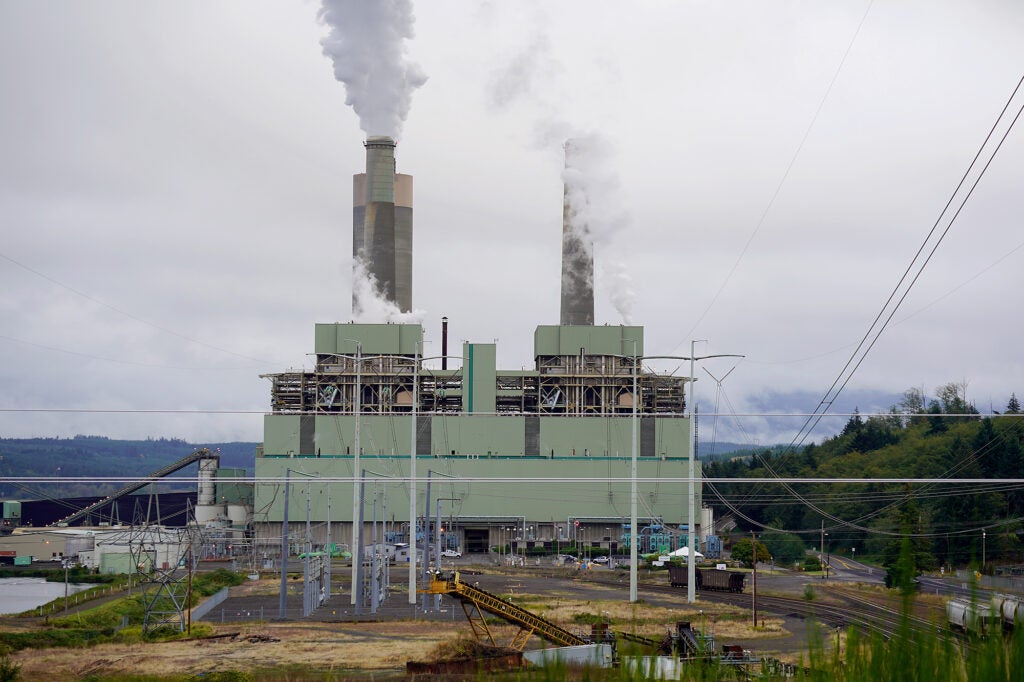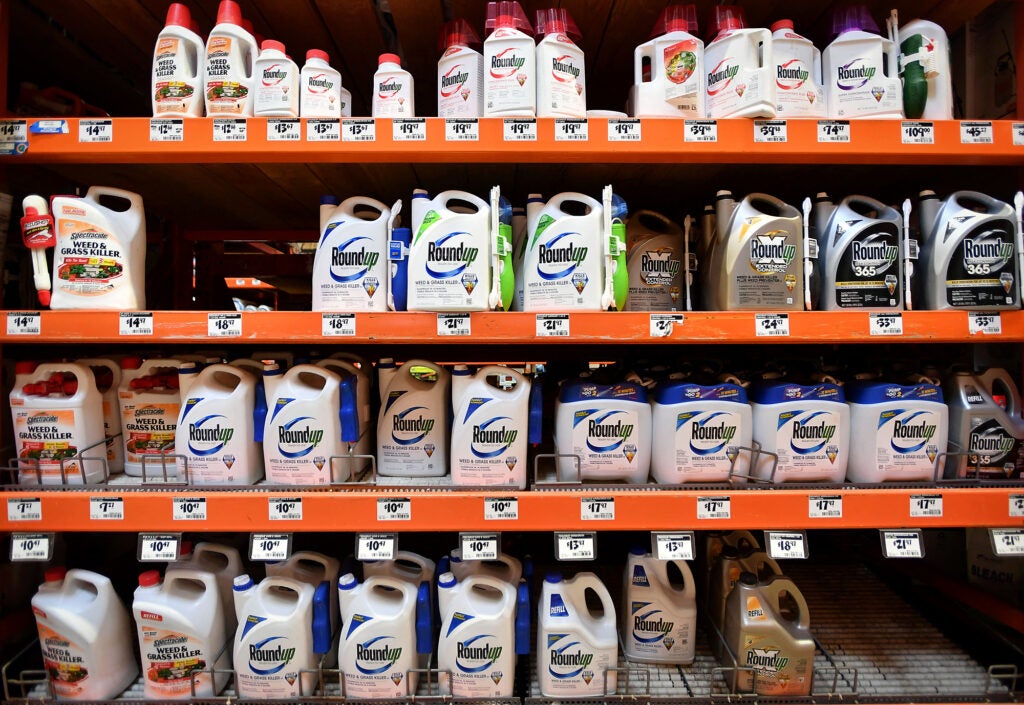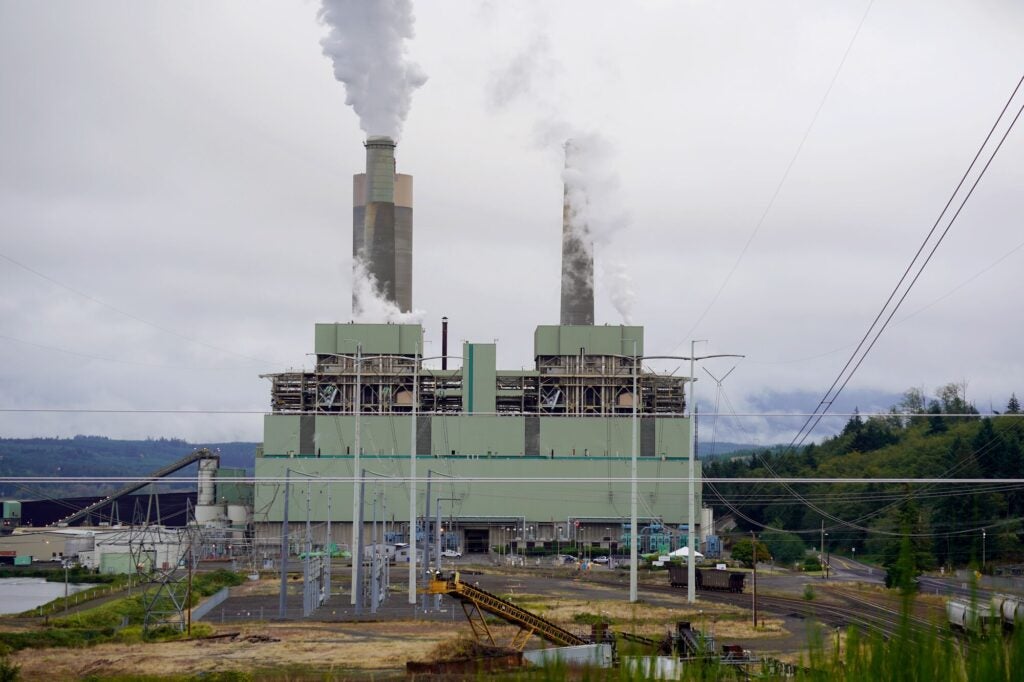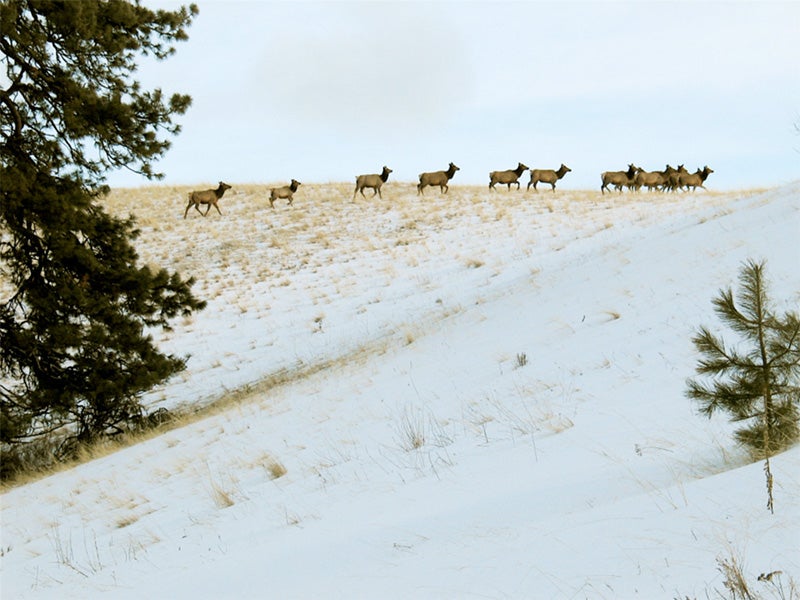(206) 343-7340
nwoffice@earthjustice.org
Earthjustice acknowledges our Northwest Office occupies the unceded ancestral lands of the Duwamish (Dxʷdəwʔabš) and gathers in the traditional territory of the Coast Salish peoples. We honor with gratitude the Coast Salish people past and present and the land itself. Learn about our Tribal partnerships work.
Media Inquiries
Elizabeth Manning
Public Affairs and Communications Strategist
emanning@earthjustice.org
Legal Assistance Inquiries
Contacto de Prensa
Robert Valencia
Estratega de Comunicaciones y Asuntos Públicos Hispanos/Latinos
rvalencia@earthjustice.org
Earthjustice acknowledges our Northwest Office occupies the unceded ancestral lands of the Duwamish (Dxʷdəwʔabš) and gathers in the traditional territory of the Coast Salish peoples. We honor with gratitude the Coast Salish people past and present and the land itself. Learn about our Tribal partnerships work.
The Northwest regional office has been at the forefront of many of the most significant legal decisions safeguarding the Pacific Northwest’s imperiled species, ancient forests, and waterways.
Our Impact
Protecting Forests and Waterways
The Northwest regional office was founded more than 30 years ago to protect the old-growth forests, salmon streams, and people of the Pacific Northwest. Our efforts led to the creation of the nation’s first large-scale ecosystem management plan, the Northwest Forest Plan, which set aside old-growth reserves across 24 million acres of federal forestland and established an aquatic conservation strategy to protect watersheds and salmon.
At the same time, we have long worked to protect the waterways in our “backyard” — the Columbia River, the Klamath River, and the Salish Sea.
Highlights
- Since our founding, we’ve fought to protect federal public old-growth forests and keep safe the wild creatures that call those forests home — with a specific focus on northern spotted owls, marbled murrelets, salmon and steelhead, and gray wolves.
- We’ve been fighting to protect water flow for salmon, which are life-sustaining to local Tribes, commercial fishermen, and endangered aquatic wildlife. We’re using the power of the law to continue to push for the removal of four federal dams on the Lower Snake River; force federal water managers to leave enough water in the Klamath River; curb the impacts of urban and suburban development on Puget Sound and surrounding salmon streams; and protect native eelgrass and shoreline salmon habitat from degradation.
- We obtained Endangered Species Act protection for Southern Resident killer whales, and continue to work to protect them by increasing the salmon populations they depend on, establishing meaningful limits on the Navy’s use of sonar in undersea warfare exercises, and limiting oil tanker and bulk carrier vessel traffic in the Salish Sea.
Ushering in the Clean Energy Era
Through our casework and partnerships with local communities, we put people first. We’re focused on blocking industry’s attempts to turn this special place into a hub for transporting dirty fossil fuels, while we work to advance clean energy policies and greater energy efficiency.
Highlights
- We helped to stop a sudden onslaught of coal export terminals from being built, providing legal arguments against them and defending all permit denials.
- We worked to stop several proposed crude oil shipping terminals — and defeated every proposal.
- We’re fighting against a proposed fracked gas project, the Kalama Methanol Refinery, which would would emit millions of tons of greenhouse gases and lead to more plastic pollution, as well as a dangerous fracked gas storage project at the Port of Tacoma.
- We stopped the last proposed coal plant in Washington from being built and secured commitments to close the state’s last operating coal plant.
- We’ve defended Washington’s energy efficiency requirements for buildings and renewable portfolio standards, helped move utilities in Washington to increased reliance on energy efficiency and renewable resources, and defended Oregon’s low-carbon fuels standard.
- We’re working to ensure effective and equitable implementation of Washington’s Clean Energy Transformation Act.
Working for Healthy Communities and a Sustainable Climate
As we fight back against industry’s ongoing attempts to roll back protections for the Northwest’s natural treasures, we’ve expanded our scope to include working for environmental justice, building healthy communities, and turning the tide toward a sustainable climate.
Highlights
- We’re expanding our partnerships with environmental justice communities in Seattle and Portland. With our legal assistance, these communities are working to gain protections from airport noise and pollution, reduce air pollution in Portland, and hold polluters accountable in the cleanup of the Portland Harbor Superfund site.
- We are leading challenges on the federal level to sweeping regulatory changes promulgated by the Trump administration, including rules weakening the Clean Water Act, the Endangered Species Act, and the National Environmental Policy Act. We successfully challenged the Trump-era Navigable Waters Protection Rule, which eliminated Clean Water Act protections for thousands of waterbodies by redefining them as not “waters of the U.S.”
Protecting Farmworkers and Tribal Communities
We safeguard farmworkers and their families from toxic pesticides and help Native American Tribes protect and restore resources that sustain their way of life.
Highlights
- Our pesticide litigation led to the Environmental Protection Agency finally issuing a rule to ban the toxic pesticide chlorpyrifos, and aims to force the agency to ban other toxic organophosphates that poison farmworkers and are linked to learning disabilities and reduced IQ in children.
- We’re honored to represent Washington Coast Salish Tribes in their fight against the Trans Mountain pipeline expansion, a Canadian pipeline that would increase, by seven-fold, oil tanker traffic in the Salish Sea.
- We’re honored to represent the Menominee Tribe in trying to stop the Back Forty mine that would severely degrade the headwaters of the Menominee River.
- From 2016–2022, we were honored to represent the Standing Rock Sioux Tribe in its battle against the Dakota Access Pipeline and the threat it poses to the waters that sustain the Tribe.





